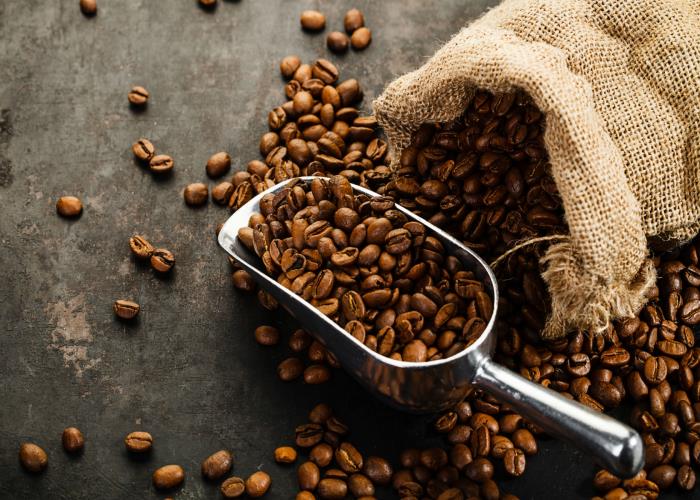Does coffee really help to keep you alert?

Coffee is the world’s favourite stimulant. But would we be better off without it?
Making a cup of coffee is one of the first tasks of the day for so many of us – it certainly is for me. I can’t imagine taking on a day without at least one fresh brew in the morning, followed by at least a couple of cups of tea throughout the day.
Coffee – or to be more accurate – the active ingredient caffeine, is renowned for its ability to ‘wake’ us up, jolt us into action and get us going in the morning. It’s also found in tea and energy drinks among others.
But does it really help us?
What’s wrong with coffee?
A test undertaken by Professor Peter Rogers of Bristol University, for the BBC programme Trust Me, I’m a Doctor, produced some interesting findings.
One group who use caffeine regularly and one who don’t were tested against each other. Prior to the test, the ‘users’ group was instructed to abstain from caffeine for 12 hours beforehand.
First, both groups had their mental agility, concentration and dexterity recorded by the researchers, and then both were asked to down a drink packed with caffeine and repeat the tests.
Prior to consuming the caffeinated drink, users were “slower on the reaction time task, sleepier [and] less mentally alert” said Professor Rogers. “And that’s why we go for it first thing in the morning, to get us going, to get us back up to our normal speed.”
After the fix of caffeine, users felt less sleepy and were better at all three tasks set, but not any better than the baseline attempts of the non-users. Non-users felt more alert, and had slightly better reaction times after consuming the drink.
What proved to be very difficult for the non-users was the dexterity task: threading the eye of a needle. After consuming the dose of caffeine, their hands were shaking badly and they struggled to complete the task.
Should I give up caffeine?
People who drink coffee or other caffeinated drinks build up a tolerance to the substance, and this study shows that they underperform when they don’t drink it.
That doesn’t mean that we become superhuman when we do though.
The sample size here was very small (just 10 in each group) and that means it might not be representative of our entire population, but it is food – well, drink – for thought.
The results of giving up caffeine can be fairly harrowing, so a straight dive off the cliff of withdrawal might not be the most pleasant way to reduce our intake.
But the research will definitely make me think twice before brewing up a second cup so quickly after my first. How about you?
Would you consider giving up caffeine? Have you already, and why? Let us know in the Comments below.
You might also like:
Kitchen test: best coffee makers
Giving up caffeine and alcohol
How a new type of flour could save impoverished coffee farmers
Comments
Be the first to comment
Do you want to comment on this article? You need to be signed in for this feature